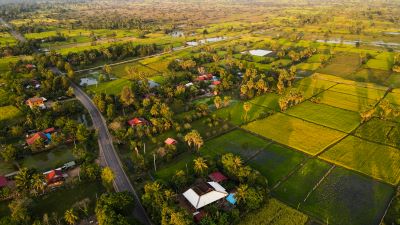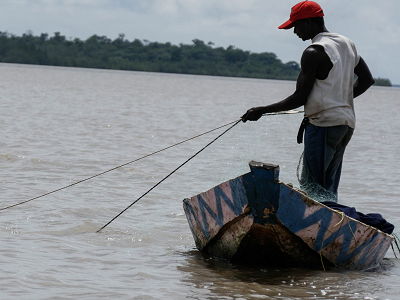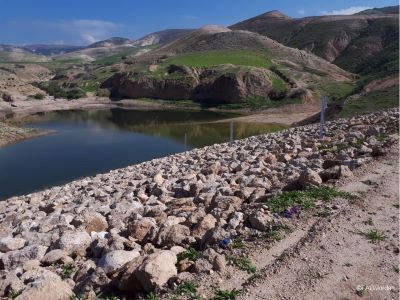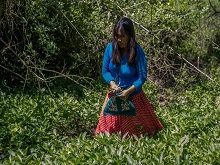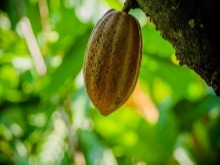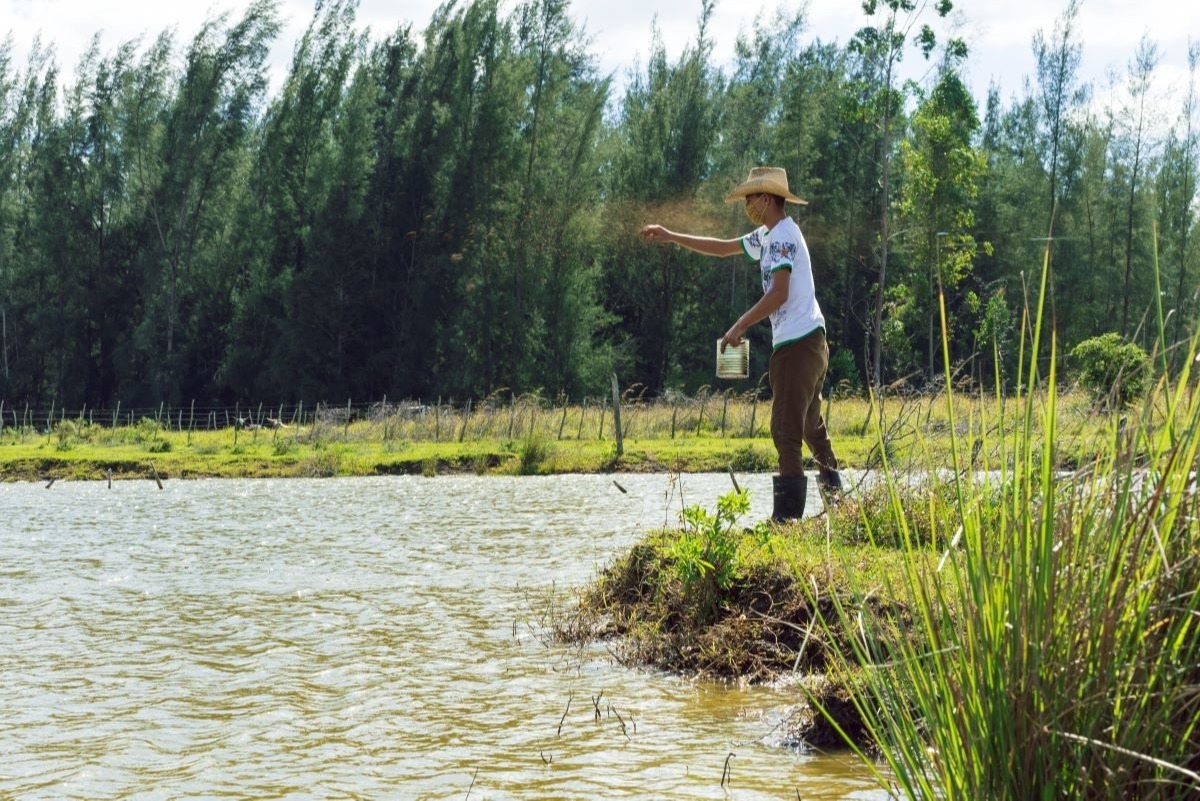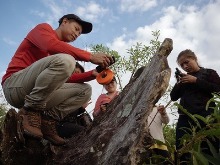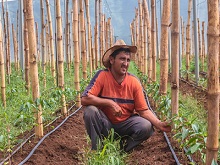
A new project to enhance the climate change resilience of smallholder farmers kicks off in Cambodia
31/10/2023
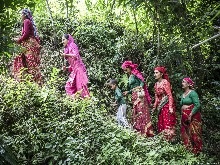
Green Climate Fund confirms FAO’s role in supporting countries’ access to climate action resources
25/10/2023

Trees, roofs and tools boost climate resilience for water and food security
16/10/2023
FAO is leading three Green Climate Fund projects in El Salvador, Jordan and Pakistan that help farmers adapt to climate change in water-stressed regions using native trees, rooftop rainwater harvesting and digital tools.
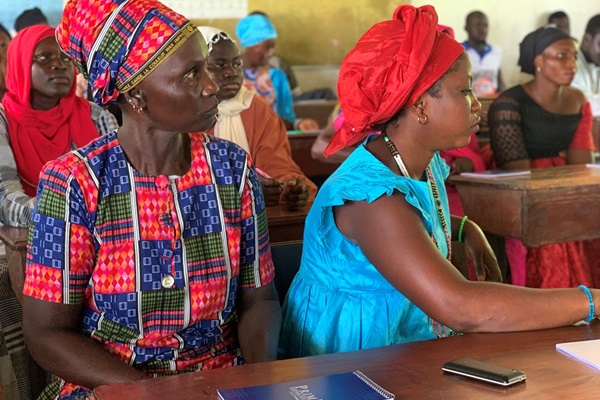
Reviving mangroves in rural Gambia
27/09/2023

Government launches pioneering PROREFISH Gambia project
23/08/2023

A Paraguayan indigenous community's effort to produce and care for the sacred plant 'yerba mate'
09/08/2023
In an Ava Guaraní community, yerba mate is grown for consumption, to generate economic income, mitigate the impacts of climate change, and, above all, to maintain the ancestral culture. This effort is now supported by the PROEZA Paraguay project, an initiative funded by the Green Climate Fund and implemented with technical assistance from FAO.
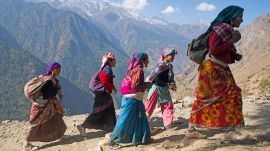
Indigenous youth build climate resilience in Nepal
08/08/2023

A healthy ocean for a cooler planet
08/06/2023
Take a deep breath. Now ponder this: the big, blue ocean that covers 71 percent of the Earth produces over 50 percent of our oxygen. The ocean is also key to cooling the planet, absorbing 90 percent of the excess heat caused by global warming and capturing 25 percent of all carbon dioxide emissions. But harmful, human activities such as ...
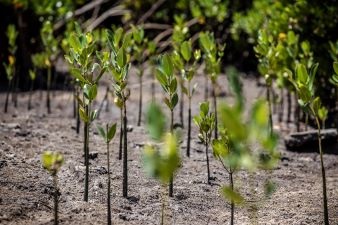
Restoring mangroves for climate-resilient fisheries in the Gambia
11/05/2023

NAP Expo Chile 2023: FAO highlighted the Platform for Climate Action in Agriculture to address climate change
30/04/2023
Press releases for project approvals
09/11/2022 – FAO Director-General meets Jordanian Prime Minister Bisher Al-Khasawneh, takes part in water workshop
30/09/2022 – Proyecto PROEZA: Experiencia de abordaje con pueblos indígenas
15/07/2022 – FAO y MinAmbiente realizaron la instalación del proceso de socialización del proyecto ‘GCF – Visión Amazonía’
09/06/2022 – A new toolkit for private sector engagement to unlock climate action in North Macedonia
30/03/2022 – Graduación de trece meteorólogos nicaragüenses
14/03/2022 – Kyrgyzstan and FAO partner for green development in forests and pastures
08/07/2020 – North Macedonia receives continued support for “greening”
30/10/2019 – North Macedonia sets the stage for country climate action
12/07/2019 – North Macedonia, FAO work to ease Green Climate Fund investments
09/07/2019 – Equatorial Guinea highlights the transformational role of women in climate action
18/02/2019 – Diálogo Regional de los Pueblos Indígenas de América Latina y el Caribe
07/02/2019 – Equatorial Guinea reaffirms its commitment to the fight against climate change, moving forward to green development
11/06/2018 – FAO helps countries lay the groundwork for climate-resilient initiatives



